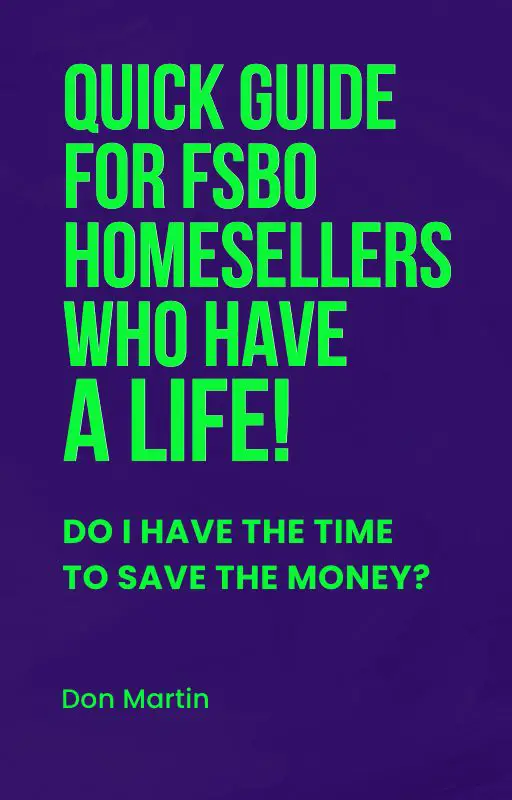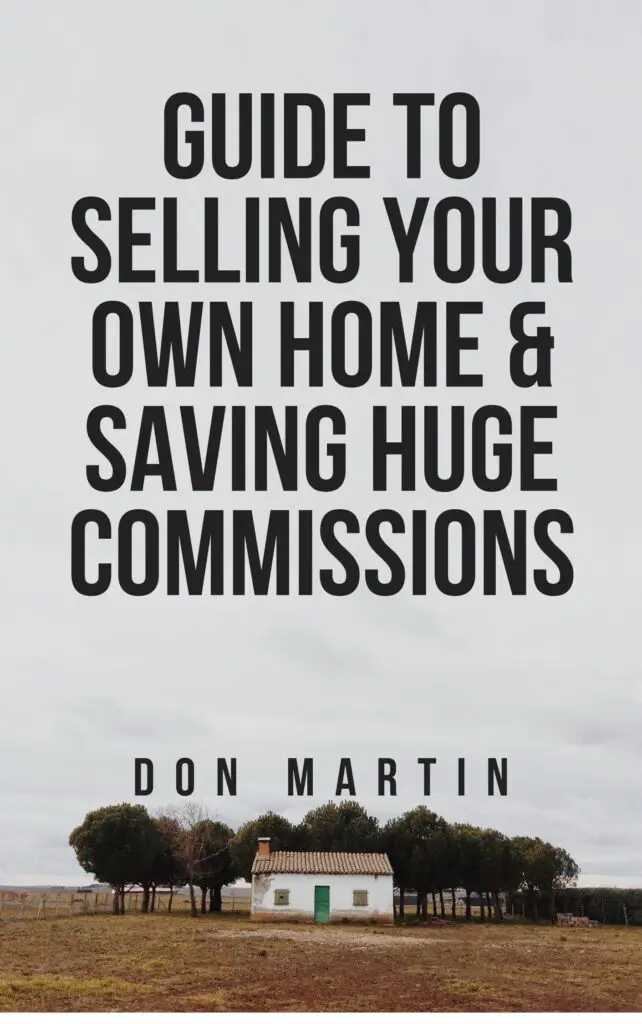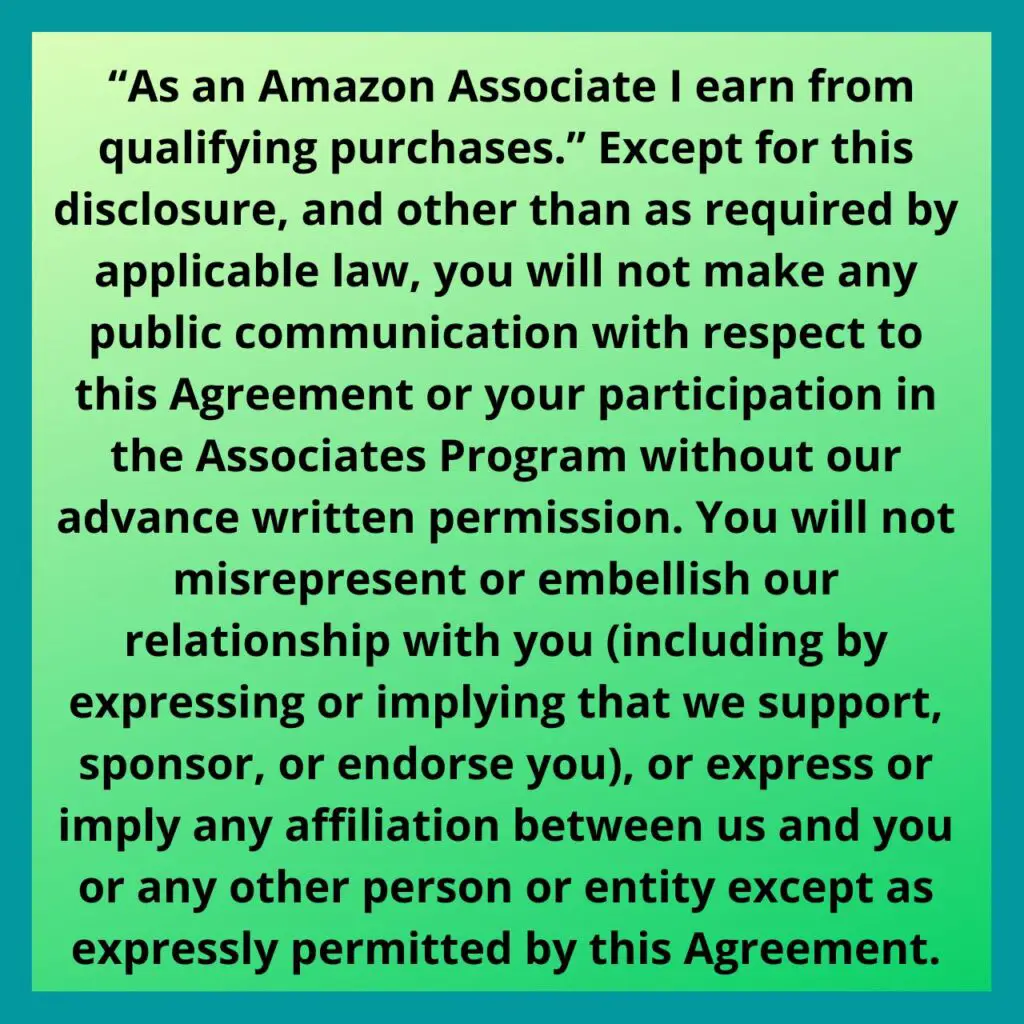When I first started in real estate, I shared an office area with another agent who had his license a bit longer than I. He had a couple of clients with him who were absolutely reading him the riot act. Seems the agent was so excited about having a signed contract on their house, that he had left them hanging in the wind for akmost six months.
Their house never closed and the selling season was almost over. I felt bad for everybody. And the shouting was giving me a headache.
(Disclosure: This post may contain affiliate links. This is how we stay funded and these commissions are what keep our site going. Please support us by purchasing through our affiliate.)
In real estate transactions, sometimes a home seller will be approached by a prospective buyer who is offering a fair purchase price, but has a house yet to sell. In these cases, the seller has to decide whether to sign a contract for the sale of the seller’s house contingent upon the buyer selling the buyer’s house. In most cases, the buyer will ask for some period of time in which to sell the buyer’s house.
This article is part of our “Basics 101” series. Others in the series can be found HERE, with more being added as possible.
The risk to the seller is that if the buyer does not sell the house within that time frame, the buyer will have right to cancel the contract and receive back the deposit. This could leave the seller without a sale, and the having to re-list the house for sale to look for another buyer.
In cases such as this, the seller’s attorney or real estate agent may propose a solution, called a “kick out” clause.
What is a “kick out” clause and how does it work?
A kick out clause is called that because it allows a seller to continue showing the house for sale and to “kick out” the buyer if the seller receives an offer from a new buyer with no home sale contingency.
Generally, this is how a kick out clause works. The buyer can only buy the seller’s house if the buyer obtains a contract for the sale of the buyer’s house and can close and pay for that house. The buyer asks the seller for a period of time in which to enter into a contract for the sale of the buyer’s house. This is called a “home sale contingency period.”
Don’t forget free books, free check lists and cheatsheets, FSBO Masterclass – FSBO SUCCESS for BUSY PEOPLE, Simple A to Z “Sell It Yourself” Home Sale CHECKLIST, TRANSACTION DIRECTORY for HOMESALES, COOL HACKS & HOT TIPS, FLAT-FEE MLS for the FSBO – Kindle book in PDF form, FSBO Home Staging CHECKLIST, Open House Prep CHECKLIST, Flat-Fee Company Comparisons, FSBO Plan of Action, FSBO Process Overview, Legal disclosures, and more ALL FREE in my members’ backstage area, when you subscribe to my newsletter! CLICK or TAP HERE!
Depending on the market conditions, the period of time can range from 30 to 90 days, and rarely more. If the buyer can sell their house during that time frame, buyer will close on the seller’s house. However, during the time that the buyer does not have a contract for the sale of the buyer’s house, the seller can still continue to show the seller’s house which is still for sale. In this way, the seller has not lost any sales time if the buyer never sells their house.
An Offer from a Second Buyer
If the seller receives an offer from another buyer, the seller must then notify the first buyer of the offer by the second buyer. This can be done through attorneys or agents. The notice to the first buyer must be in writing and will allow the first buyer a period of time in which to decide how the first buyer will proceed.
Join Don HERE at the GATEWAY to all FSBO knowledge and the UPGRADE FREEBIES that rightfully belong to you.
A common time period allowed the first buyer to respond is 72 hours. However, 72 hours is not always practical. For example, when do you begin counting the 72 hours? What happens if the 72 hours expires over a weekend or a legal holiday?
We generally prefer to give the buyer until 6:00 PM on the third business day after the notice is given. This allows for a definite time frame so that all parties know when the buyer must have made a decision and notify the seller.

Once the first buyer receives the notice of the second offer, the first buyer must decide whether the buyer will proceed to purchase the seller’s house without selling their own house (which is unlikely and would probably involve a bridge loan) or whether to cancel the contract and allow the seller to enter into a contract with the second buyer.
If the first buyer decides to continue with the purchase, the closing of title usually occurs within 45 days of the buyer’s decision to proceed. On the other hand, if the first buyer decides not to proceed because the first buyer has not sold their house, the contract between the seller and the first buyer is canceled and the seller will enter a contract with the second buyer. In most cases, if the contract is cancelled, the first buyer will receive back their deposit money.
If the First Buyer does Sell their House
If, during the time of the home sale contingency, the first buyer does sell their house, the contract between the seller and buyer becomes firm, and the seller no longer needs continue to market the house.
The kick-out clause has advantages to both sides. It allows a buyer to find a house and put in under contract while the buyer tries to sell their house. It also allows the seller to continue showing the house to other buyers to guard against the first buyer not being able to sell their house.
Don’t forget all the free books, free checklists and cheatsheets, classes and directories, plans of action, and more – ALL FREE in my members’ backstage area, when you subscribe to my newsletter! CLICK or TAP HERE!
Although the kick-out clause has advantages to both sides, it does have drawbacks, as well. If the seller receives an offer from a second buyer, it may take as long as five to seven days before the seller will know for sure that the first contract is cancelled. The second buyer may not be willing to wait that long and may look to find another house without a home sale contingency. This may limit the seller’s ability to find second buyers.
We have all heard horror stories of a seller having their house tied up for long periods, yet never getting to close for some reason or another. This kick-out clause can be a useful tool in selling and buying houses in situations where a buyer has a house to sell and the seller does not want to tie up their house waiting for the buyer to obtain a sale.
Some of my other contingency articles can be found HERE, HERE, and HERE.
If they are not giving you enough time to think about it, read HERE, “You Want an Answer When?”
“When you got something that you can share, that’s an honor.” – Jimmy “Duck” Holmes, blues musician
(This post may contain affiliate links, which means if you click, or make a purchase by clicking on them, I may receive a small commission, at no additional cost to you, that will help me continue to bring you valuable content. To that end, not all of the items on this page are affiliate links, as that is not a requirement to be on this page. Thanks for your support!)
We are a participant in the Amazon Services LLC Associates Program, an affiliate advertising program designed to provide a means for us to earn fees by linking to Amazon.com and affiliated sites.
Disclaimer | Privacy Policy | Terms of Use













